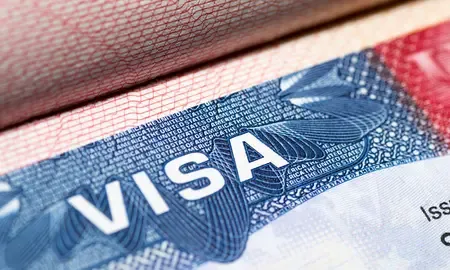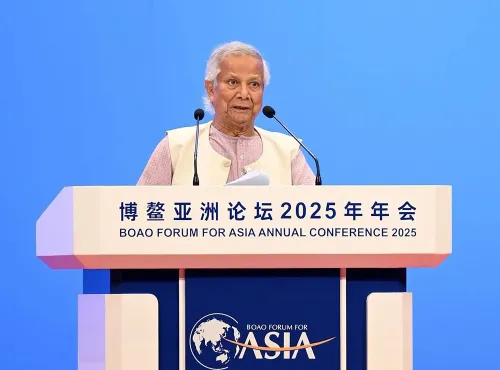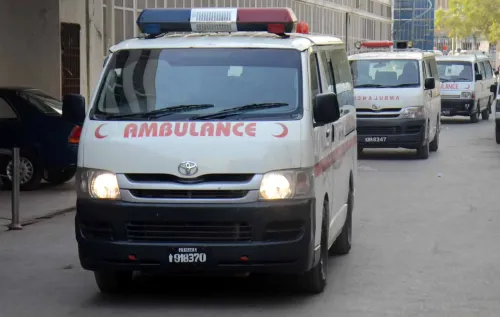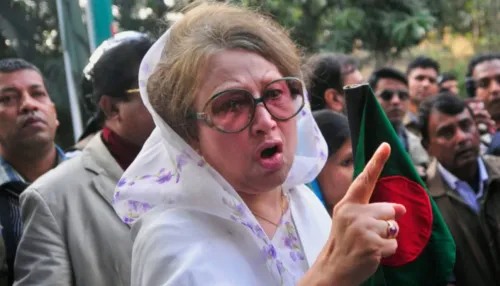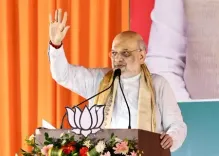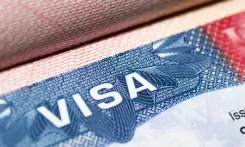Did the EU Really Commit 8 Million Euros for Post-Conflict Stability in Lebanon?
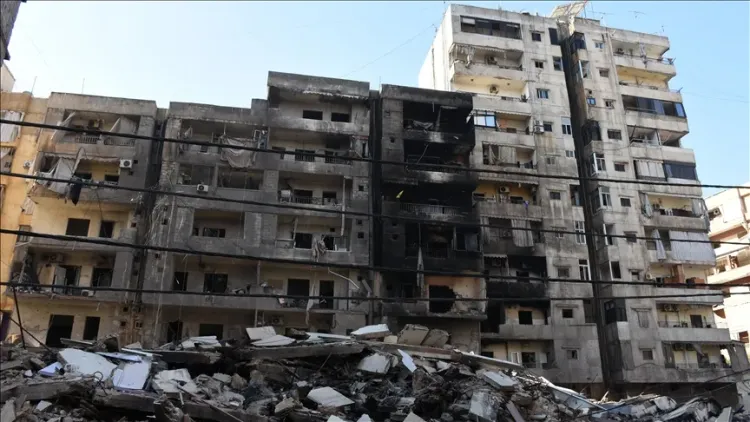
Synopsis
Key Takeaways
- The EU has allocated €8 million to support Lebanon's stability.
- The funding will assist communities impacted by conflict.
- Local peacebuilding efforts will be strengthened through this initiative.
- The Internal Security Forces will receive enhanced support for security services.
- Efforts will be made to address unexploded ordnance issues.
Beirut, May 15 (NationPress) The European Union has declared an allocation of 8 million euros (approximately $9 million) aimed at enhancing stability and security in Lebanon following months of conflict with Israel that severely damaged the country’s infrastructure and resulted in considerable loss of life.
This initiative, which will be executed in collaboration with the United Nations Development Program (UNDP) and the UN Office on Drugs and Crime (UNODC), is designed to assist communities affected by the conflict and facilitate their return to secure areas, according to a statement released on Wednesday by the EU Delegation to Lebanon.
The project will bolster local peacebuilding efforts, enhance the capabilities of the Internal Security Forces (ISF) in delivering security services, and aid the Lebanon Mine Action Center in managing unexploded ordnance in conflict-impacted regions, as reported by Xinhua news agency.
The contract was formalized at the ISF headquarters in Beirut, attended by ISF Director General Raed Abdullah, Director of the EU Service for Foreign Policy Instruments Peter Wagner, EU Ambassador to Lebanon Sandra De Waele, and UNDP Resident Representative in Lebanon Blerta Aliko.
Peter Wagner emphasized, "The ISF plays a pivotal role in maintaining public order and safeguarding communities. The European Union's crisis response is focused on enhancing the ISF's capacity during this critical phase. Concurrently, the efforts of the Lebanon Mine Action Center to eliminate landmines and explosive remnants of war are crucial, not only for protecting lives but also for enabling recovery, development, and the safe return of displaced families."
Sandra De Waele remarked, "This new initiative illustrates our unwavering commitment to Lebanon and its security institutions in fostering peace and stability throughout the nation during this critical juncture."
A tenuous ceasefire has been in effect in Lebanon since November, concluding months of cross-border hostilities between Israel and Hezbollah, which escalated into a full-blown conflict in September of the previous year.
Lebanese authorities have reported nearly 3,000 Israeli violations of the ceasefire, including around 200 fatalities and approximately 500 injuries.
According to the ceasefire agreement, Israel was required to completely withdraw from southern Lebanon by January 26, but the deadline was pushed to February 18 after Israel failed to comply. Currently, it maintains military presence at five border outposts.

